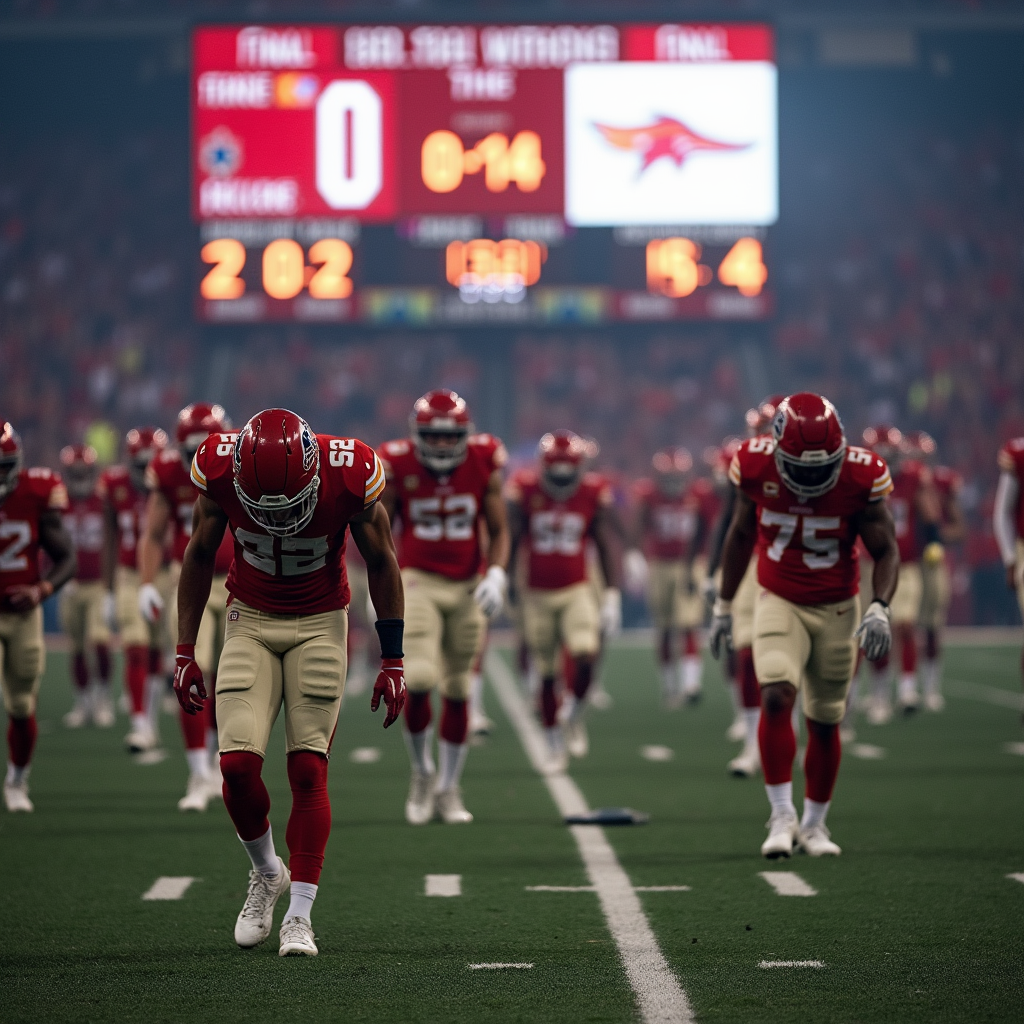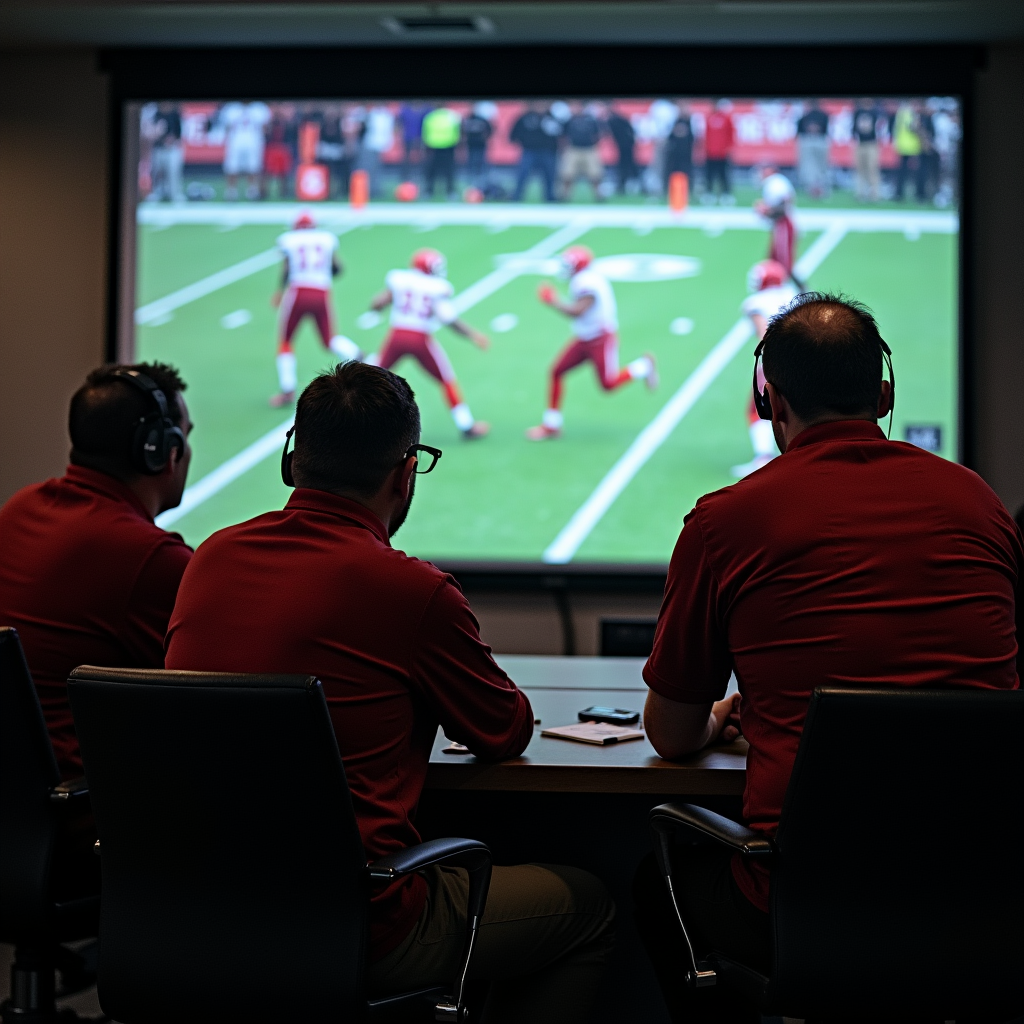In a heart-stopping finish, the Atlanta Falcons found themselves entangled in a battle against the clock, with precious seconds ticking away and a potential victory slipping through their grasp. As the game hung in the balance, a series of questionable decisions by the coaching staff left fans and analysts alike scratching their heads.

Tick, Tock: Time Slips Away
With the game tied at 24-24 and just 40 seconds remaining in regulation, rookie quarterback Michael Penix Jr. connected with Darnell Mooney for a 25-yard gain, positioning the Falcons at the Washington 36-yard line. Despite having two timeouts at their disposal, head coach Raheem Morris inexplicably allowed 16 crucial seconds to drain away before the next snap, squandering a golden opportunity to advance further into scoring range.

Questionable Clock Management Costs Atlanta
Morris’s decision not to call a timeout left the Falcons with a mere 17 seconds to work with, forcing them to settle for a desperation 56-yard field goal attempt that fell well short. In the aftermath, Morris acknowledged his misstep, stating, ‘In hindsight, could have been a good decision, or better decision to take that timeout to have the opportunity to move up there.’

A Rookie’s Crucial Countdown Conundrum
While rookie quarterbacks are often expected to make mistakes, it’s the coaching staff’s responsibility to guide them through high-pressure situations. Penix Jr., thrust into the spotlight, could have benefited from more decisive leadership and better game management, potentially altering the outcome of the contest.

The Timeout Dilemma: To Call or Not to Call?
The decision to call a timeout is a delicate balancing act, weighing the potential benefits against the risk of squandering a valuable resource. In this case, Morris’s hesitation proved costly, leaving the Falcons scrambling and ultimately falling short in their pursuit of victory.

Seconds Squandered, Victory Vanished
As the final seconds ticked away, the Falcons’ hopes of a road win over the Washington Commanders evaporated, culminating in a heartbreaking 30-24 overtime loss. The defeat not only dashed their dreams of a divisional title but also raised questions about the team’s ability to manage high-pressure situations effectively.

Coaches Under the Clock Management Microscope
This incident is just the latest in a string of clock management blunders that have plagued coaches across the league this season, particularly those working with rookie quarterbacks. It serves as a stark reminder that even the most seasoned coaches can falter under the intense pressure of the game’s final moments.

Lessons in Late-Game Leadership
As the dust settles on this heartbreaking loss, the Falcons must take a hard look at their late-game decision-making processes. Effective clock management is a crucial component of success in the NFL, and a failure to master this skill can prove costly, as evidenced by the team’s squandered opportunity against the Commanders.















